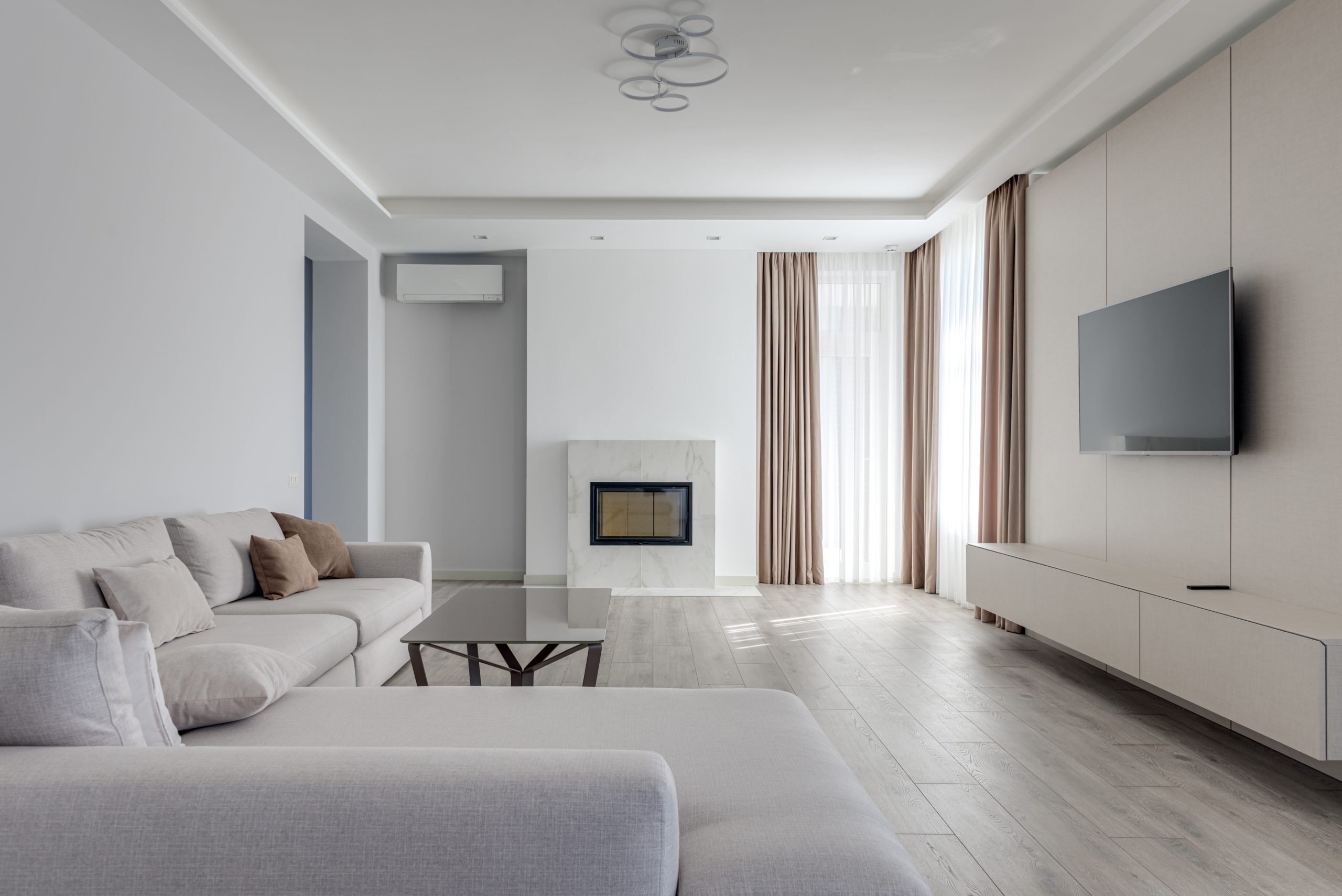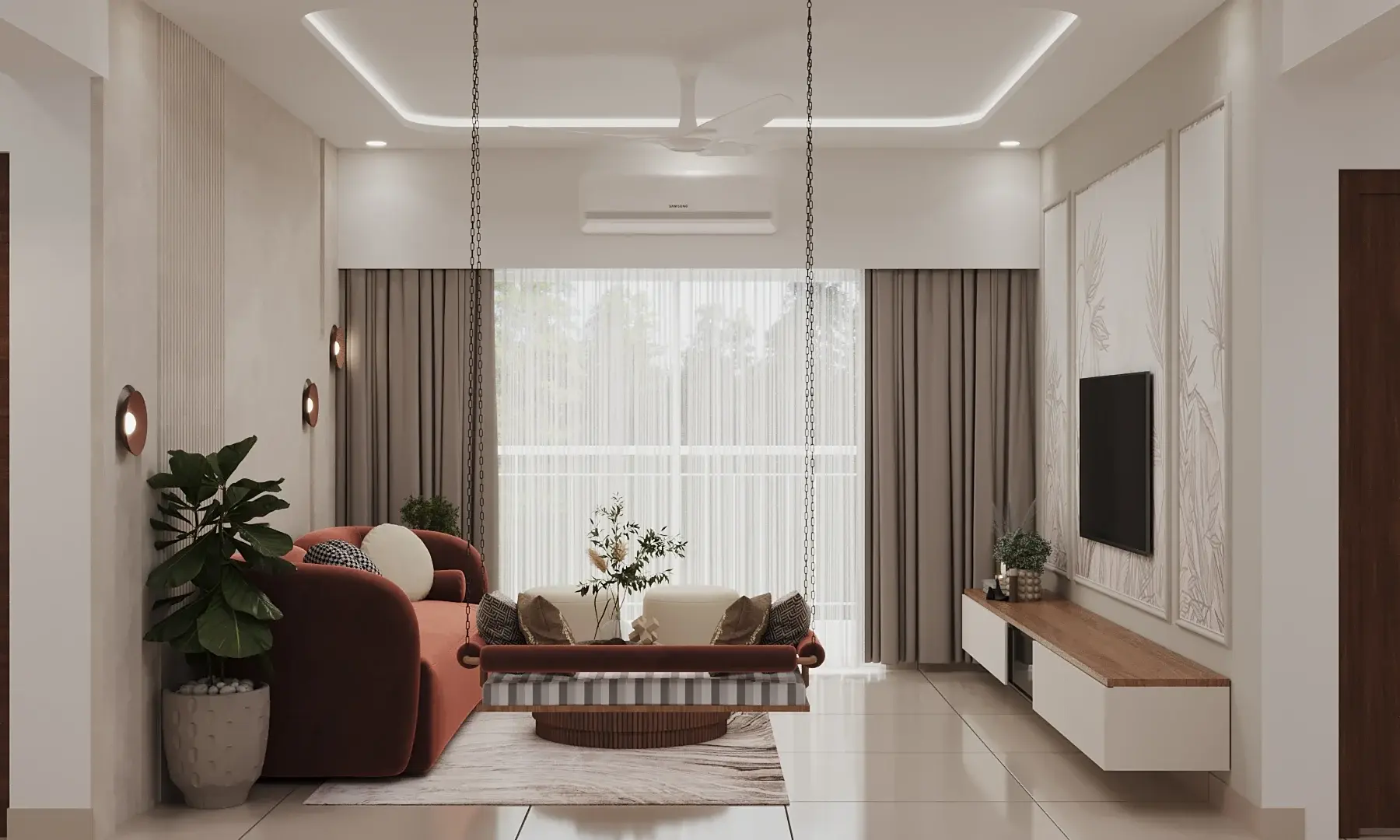Change Your Home With Necessary Principles of Interior Decoration and Aesthetic Appeals
The art of changing your home via the necessary principles of interior decoration and looks calls for a thoughtful technique that harmonizes shade, balance, and spatial recognition. By comprehending the effect of color concept and the importance of appearance and patterns, one can produce areas that are not just aesthetically appealing yet also deeply individual. Attaining this equilibrium entails greater than plain decoration; it incorporates a tactical arrangement and an eager understanding of just how each aspect connects within an area. As we discover these foundational principles, think about just how they may redefine your understanding of home and individual expression.
Recognizing Shade Concept
Shade concept is an essential element of indoor design that significantly influences mood, assumption, and overall visual. Understanding the concepts of color theory allows designers to create areas that reverberate psychologically with occupants while meeting functional needs (Architecture Firm). Colors can be classified right into 3 primary types: main, second, and tertiary. Each group plays an important role in establishing consistency within a room.
The psychological effect of colors is profound; warm shades such as reds and oranges stimulate energy and heat, while amazing tones like blues and environment-friendlies promote calmness and serenity. In addition, making use of corresponding shades improves visual rate of interest, creating striking contrasts that can boost a room's charm.
Neutral colors, on the various other hand, work as a flexible background, permitting other style components to beam. It is vital to take into consideration aspects such as illumination and the room's objective when selecting a shade palette, as these can alter the understanding of shades throughout the day.
Ultimately, a well-considered color pattern can change an area, promoting a sense of comfort and style that lines up with the inhabitants' preferences. Mastery of shade theory is, as a result, an essential ability for any type of indoor developer intending to create harmonious and inviting atmospheres.
Accomplishing Balance in Design
How can designers achieve a sense of stability in their rooms? Achieving equilibrium in style is fundamental to producing unified insides. Designers can use 3 main sorts of equilibrium: in proportion, asymmetrical, and radial. Balanced balance involves arranging aspects uniformly around a central point, promoting a sense of order and harmony. This kind typically includes sets of furnishings or art work, boosting visual stability.
Asymmetrical balance, on the other hand, depends on varying components that still achieve a natural appearance. This approach permits even more vibrant and casual arrangements, offering interest while preserving balance. By carefully picking varying sizes, shades, and structures, developers can create a visually compelling space that feels well balanced yet energetic.
Radial equilibrium emphasizes a main prime focus with aspects radiating outside. This style is frequently seen in round layouts, where furniture and decor produce a cohesive border that draws the eye inward.
Inevitably, accomplishing balance calls for thoughtful factor to consider of range, percentage, and the relationships in between elements. miami luxury interior design. By masterfully applying these equilibrium concepts, designers can transform areas into environments that feel both visually pleasing and functionally harmonious, improving the general experience for passengers
Relevance of Spatial Understanding

An eager feeling of spatial awareness permits developers to identify centerpieces within an area, guiding the audience's focus to vital functions while preserving a total sense of unity. It likewise assists in the critical positioning of illumination, which can significantly affect the perception of room and mood. Moreover, understanding spatial relationships allows the developer to accommodate the certain needs of inhabitants, guaranteeing that each location serves its intended function without compromising aesthetic appeals.
Ultimately, spatial recognition is vital for making best use of the capacity of any kind of indoor space. By meticulously thinking about the interaction in between measurements, format, and function, designers can create atmospheres that not just meet practical demands however additionally evoke a feeling of comfort and elegance, improving the overall living experience.
Incorporating Structure and Patterns
Welcoming a varied variety of appearances and patterns can significantly boost the visual and tactile allure of an interior space. The tactical use various products-- such as wood, metal, material, and rock-- produces depth and interest, making an area feel much more welcoming and dynamic. For example, combining smooth surfaces with rough textures can establish a balance that draws the eye and involves the senses.
When incorporating patterns, consider both range and repetition. Big patterns can act as focal factors, while smaller, subtle designs can complement various other aspects without frustrating the area. useful content Layering patterns, such as pairing floral paddings with striped tosses, adds intricacy and a sense of consistency if implemented attentively.
It is additionally crucial to maintain a natural shade combination, ensuring that textures and patterns collaborate as opposed to contend for focus. By choosing a few crucial structures and patterns, you can produce a merged aesthetic that shows your individual design while boosting the general ambiance of the try this website area. Eventually, the mindful unification of these components can change a mundane room right into an advanced atmosphere rich with character and warmth.
Individualizing Your Area
Creating an area that reflects your personality is vital to attaining a really welcoming setting. Customization in interior layout allows you to infuse your distinct design and interests right into your home, changing it from a plain shelter into a shelter that talks to who you are. Begin by choosing a color palette that resonates with your emotions-- strong hues can invigorate, while soft tones offer peace.
Include artwork and decoration that show your enthusiasms, whether it be traveling, nature, or abstract concepts. Presenting individual collections, such as publications, photographs, or keepsakes, can stimulate cherished memories and produce centerpieces within an area. In addition, take into consideration tailoring useful items, like upholstered furnishings, to align with your visual choices.

Verdict
Finally, the change of a home with the crucial concepts of interior decoration and looks requires a thorough understanding of color concept, equilibrium, spatial understanding, texture, and personalization. Each aspect adds substantially to producing an unified and functional living environment - miami luxury interior design. By thoughtfully incorporating these principles, people can enhance the visual charm and emotional resonance of their spaces, ultimately promoting a home that shows one-of-a-kind identities while offering comfort and functionality